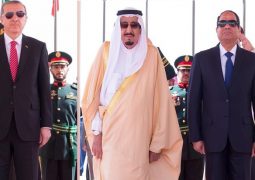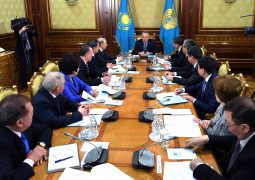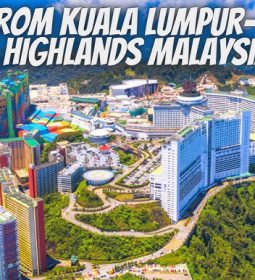China’s influence is growing in Central Asia cemented in multiple agreements in 1+5 format
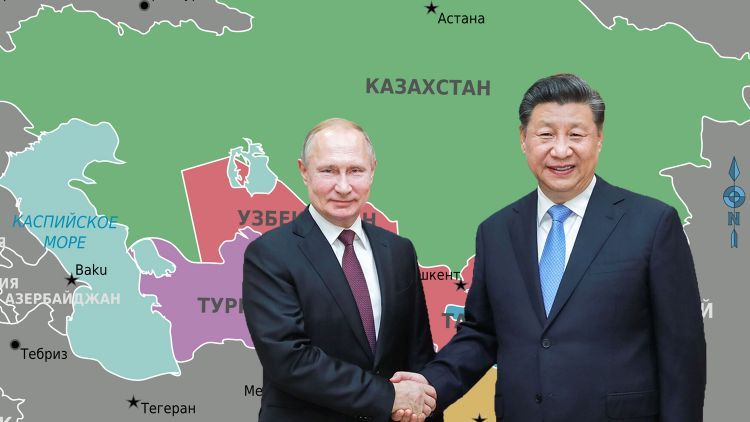
Beijing focuses on development as it avoids challenging Moscow as Central Asia’s dominant power and security guarantor, analysts say
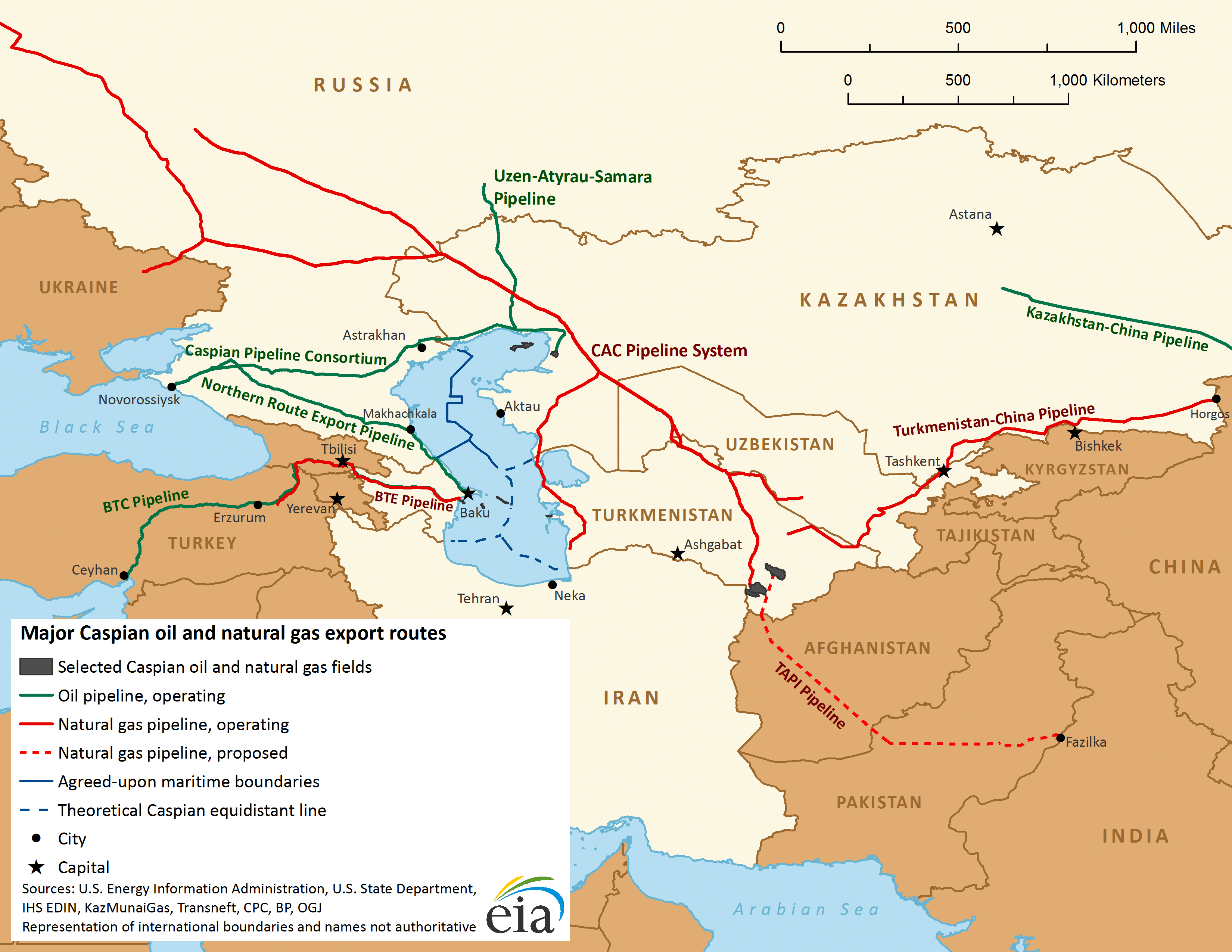
China and Central Asian leaders cap summit with friendship pact and aid pledge
Xi Jinping heads to energy-rich Kazakhstan for China-Central Asia summit
Xi to meet Central Asian leaders as both sides seek ‘stronger coordination’
Premier urges China’s Jiangsu to embrace ‘higher development expectations’
Opinion | Israeli strikes one more challenge for new China-Iran rail corridor
What India’s break with SCO reveals about its stance on Israel-Iran conflict
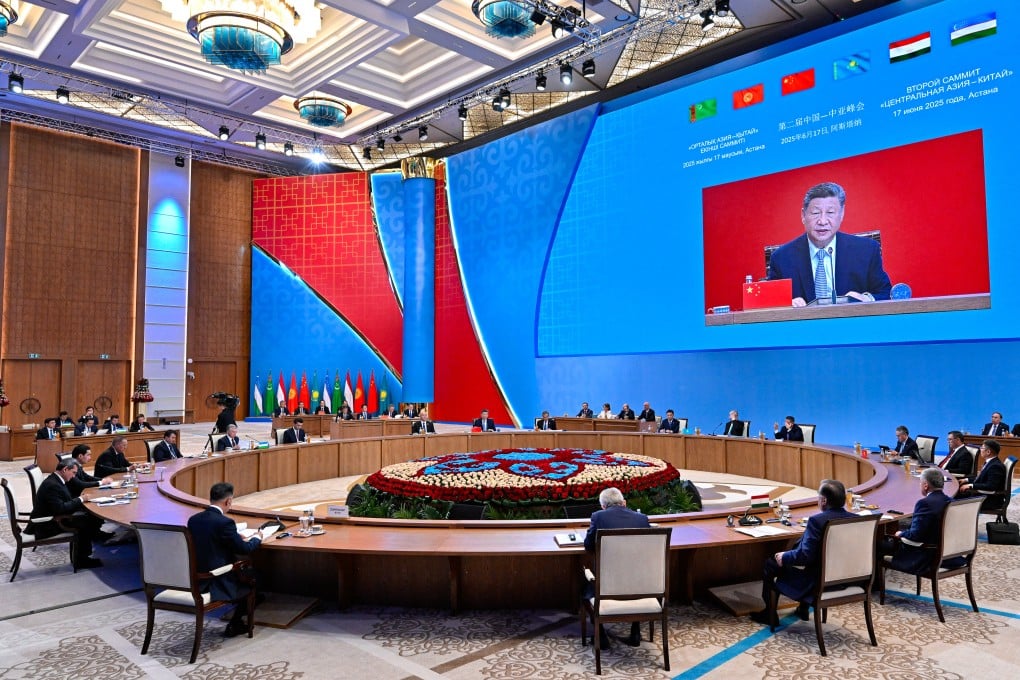
Kremlin spokesman Dmitry Peskov dismissed this possibility on Monday, saying there was “no reason for such fears”.
“China is our privileged strategic partner, and the Central Asian countries are our natural historical partners,” he added.
But to diplomatic observers, Moscow has limited capacity to counterbalance China’s growing influence, even though Beijing is avoiding challenging Russia as Central Asia’s key security guarantor and dominant power.
“This shift is likely causing unease in Moscow,” he said.
Zhao Long, a specialist in Russian and Central Asian affairs at the Shanghai Institutes for International Studies, said Beijing and Moscow had distinct comparative strengths and were not engaged in exclusive competition in Central Asia.
“Moscow has deep-rooted cultural ties with Central Asian countries and a mature security framework, while Beijing focuses more on economic development. However, their actions occasionally overlap in each other’s domains,” he said.
Russia remains the dominant ally in Central Asia, maintaining its influence through a formal alliance known as the Collective Security Treaty Organisation (CSTO). This bloc includes Kazakhstan, Kyrgyzstan, Tajikistan, Russia and Belarus, with Armenia having frozen its membership.
The CSTO offers collective security guarantees to its members, giving members some degree of protection under Russia’s defence umbrella – a level of security that China does not provide.

Zhao noted that even if there was competition between Russia and China in the region, it was largely “complementary in nature”.
On the security cooperation front, China’s security cooperation has centred on combating the three evils – terrorism, separatism and extremism – to maintain regional stability.
Zhao noted that the China-Central Asia cooperation mechanism was more focused on development.
Sharifli said Moscow’s reliance on China amid Western sanctions and its limited economic and technological offerings left it little leverage to counter China’s rise. He added that Beijing was unlikely to let its presence in the region disrupt its strategic stability with Moscow.
According to Sharifli, Beijing complements Russia’s hard security presence with soft security measures aimed at stabilising the region.
“China prefers to let structural changes – such as shifts in trade patterns, energy demand, and regional development needs – gradually reshape the balance of influence,” he added.

China plays a supportive role in strengthening Central Asia’s security framework by offering training programmes and capacity-building initiatives for the region’s military and law enforcement institutions.
“Under the cover of Russia’s security umbrella, China can act as a ‘free rider’, expanding its economic interests in the region without bearing the financial and political costs of full-scale security commitments,” Sharifli said.
The Taliban’s takeover of Afghanistan in 2021 heightened Beijing’s security concerns about the country – concerns it shared with its partners in Central Asia.
“The broader engagement reflects a regional convergence on the need to contain cross-border threats and prevent Afghanistan from becoming a source of regional destabilisation,” Sharifli said.
China, Central Asian countries and other stakeholders have held several rounds of foreign ministers’ meetings about the situation in Afghanistan. The fifth such summit will take place in Turkmenistan, though the exact date is not yet known.
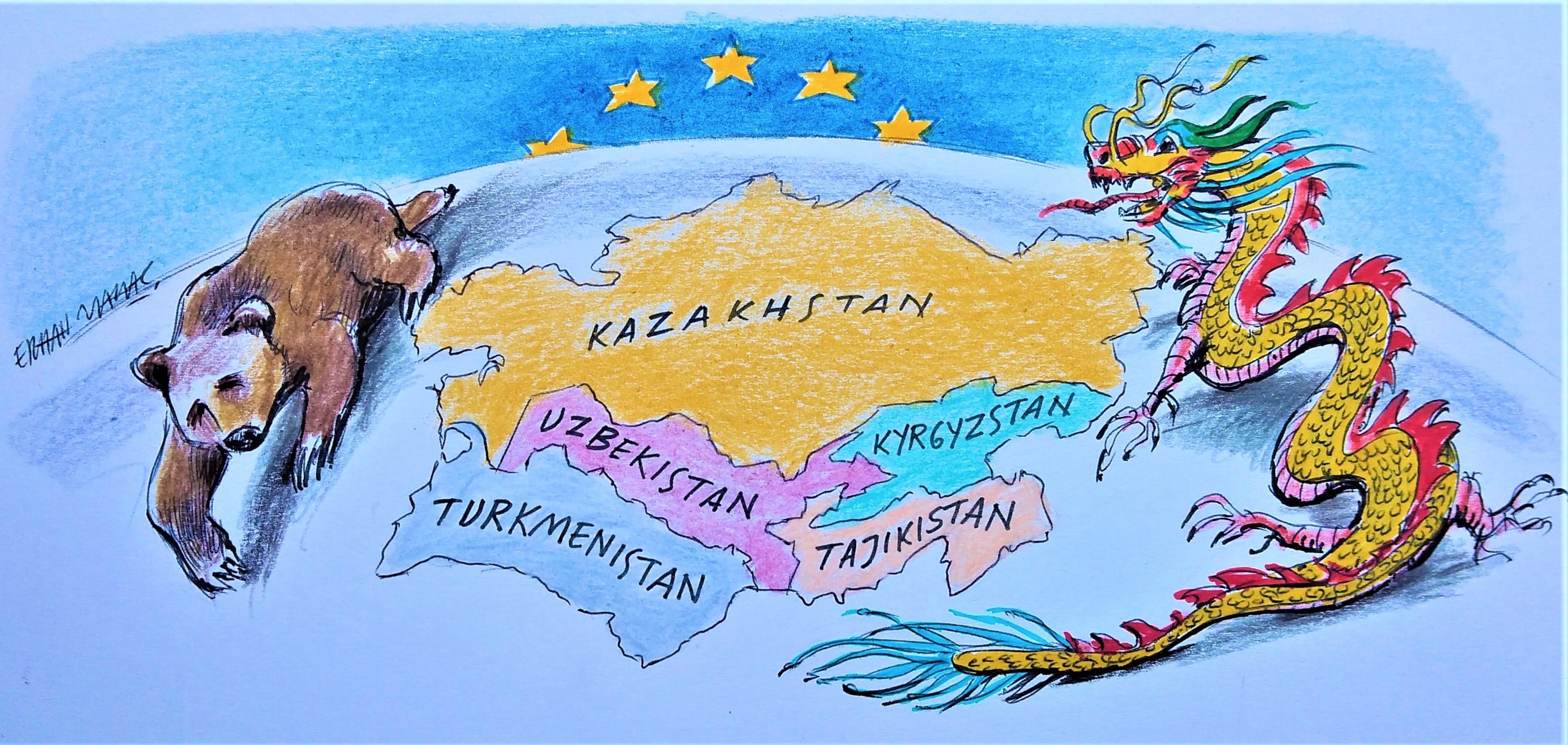
One major security concern has been the Wakhan Corridor, a narrow, rugged strip of land directly bordering western China’s Xinjiang Uygur autonomous region and Tajikistan. The corridor is seen as a strategic vulnerability.
“Tajikistan stands out as the primary recipient of Chinese security cooperation. This is largely due to its long and porous border with Afghanistan – a country where China perceives a high risk of militant spillover and instability,” Sharifli added.
- Previous $24.4 trln. US dollars in 2024: China’s payment system spreads across Africa and Asia amid US trade war
- Next 100+ degree Scorching temperatures across Japan amid sufficating humidity: a new normal?







